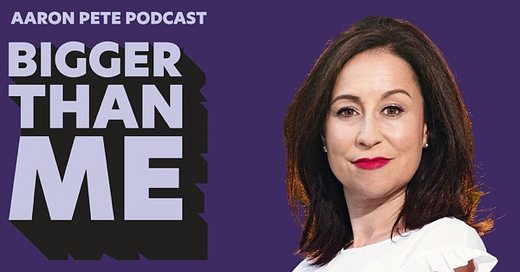Journalist
has raised significant concerns regarding the recently implemented Online News Act in Canada, revealing its profound implications on the nation's journalism landscape.In her incisive podcast series that delved into the Canadian media's alarming state, Henley uses the term "collapse" to describe the current crisis facing the industry.
Henley, with her finger on the pulse of the media's evolution, reflects on the legislation's journey, notably influenced by substantial lobbying from large media corporations. Citing media historian Mark Edge's work in "The Postmedia Effect," she uncovers how the initial government resolve not to support failing business models has dramatically shifted due to intense lobbying efforts.
Notably, Blackbox reporter disclosures have shed light on the extensive lobbying by Isobel Metcalf, a former Liberal candidate, who had an astonishing number of meetings with senior officials preceding the significant media bailouts that approximated $600 million.
The heart of Henley's argument lies in what she identifies as the legislation's faulty premise: the belief that big tech companies are usurping news content from publishers.
Contrarily, Henley posits that tech giants like Facebook and Google actually benefit news providers by driving traffic through content links. This stance challenges the Act's rationale and raises concerns about the potential alteration of the Internet's functionality.
The effectiveness of the legislation is further questioned as tech companies like Meta and Google express reluctance or outright refusal to link to news content, threatening the visibility and reach of Canadian journalism.
The distribution of potential government revenues is another contentious point; should the funds be allocated, they seem destined for the pockets of established telecom giants and corporations under foreign hedge fund ownership—a scenario that raises ethical and practical questions about who truly benefits from the Act.
Tara Henley warns that this financial aid could doubly benefit organizations like the CBC, which already receive taxpayer funding, questioning the fairness and necessity of this additional support.
She also voices the independent media sector's concerns that the legislation could stifle innovation by hindering their ability to leverage social media and big tech platforms to build their audience.
The culmination of Henley's analysis is a critique of the potential erosion of trust in media. With the Canadian media's credibility already in jeopardy, she questions whether funding models reliant on government or big tech contributions could ever restore public confidence in an independent and free press.
Tara Henley's comprehensive examination surfaces five critical areas of concern, presenting a complex and challenging picture of the Online News Act's ramifications for Canadian media, democracy, and the very trust that underpins the relationship between the public and the press.





